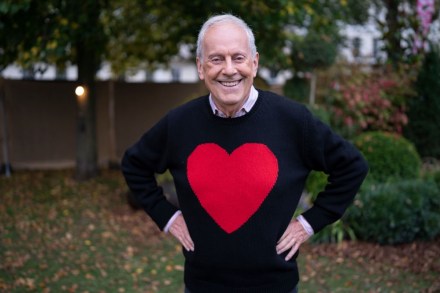No, Meghan: your Netflix deal isn’t a sign of ‘strength’
The Duchess of Sussex has been largely absent from the public eye since the release of the second series of With Love, Meghan, which came and went without anyone – save sarcastic journalists – bothering to pay it much attention. However, Meghan Markle is nothing if not indomitable. And so, shortly after she and her husband were honoured as the Humanitarians of the Year in New York last week, Meghan has argued that her new, reduced deal with Netflix is not a reflection of her waning commercial appeal, but instead represented a sign of strength. Really? Meghan argued that her new, reduced deal with Netflix is not a reflection of





















